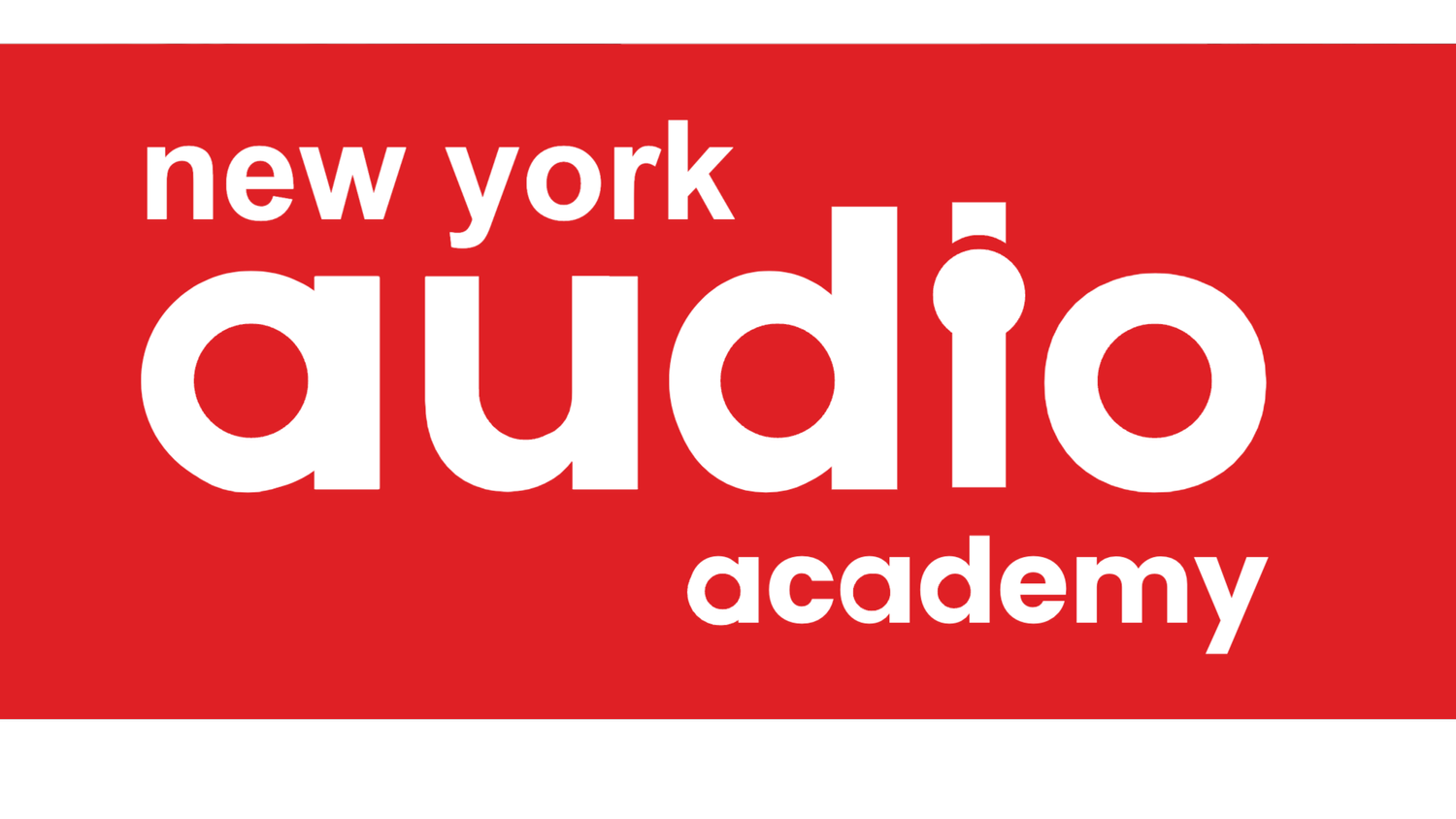Navigating the World of Music Licensing: A Guide for Independent Artists
For independent artists, understanding and navigating the complex terrain of music licensing can be a pivotal step in monetizing their work and gaining wider exposure. Music licensing not only allows artists to earn royalties when their music is used commercially but also opens up opportunities for their tracks to be heard by diverse and larger audiences. This blog post explores the essentials of music licensing, offering strategies for independent artists to effectively manage and leverage their musical works.
Understanding Music Licensing
Music licensing involves granting legal permission for others to use your music in various media formats such as film, television, advertisements, and video games. The process usually involves two main types of rights:
Master Rights: Owned by the person who owns the recording of the song, typically the artist or the record label.
Publishing Rights: Owned by the songwriter and their publisher, covering the composition and lyrics.
Knowing which rights you control is crucial to understanding how you can license your music.
Types of Music Licenses
Synchronization License (Sync License): This is required when music is synchronized with visual media, such as in movies, TV shows, commercials, or video games.
Mechanical License: Needed when music is reproduced, such as in physical copies or digital downloads.
Public Performance License: Required for music played in public spaces, including radio, in restaurants, or via live performances.
Print Rights License: Used when music is transcribed to print form, such as sheet music and commercially sold.
How to Get Started with Music Licensing
1. Register with a Performing Rights Organization (PRO):
Organizations such as ASCAP, BMI, or SESAC collect performance royalties on behalf of songwriters and publishers. Registering with a PRO is essential to ensure you get paid when your music is played in public.
2. Utilize Music Libraries:
Music libraries act as intermediaries between artists and entities looking to license music. By submitting your tracks to reputable libraries, you can increase the chances of your music being used in media, while the library handles the complexities of licensing and payment.
3. Direct Licensing:
Some artists choose to license their music directly without intermediaries. This approach requires a good understanding of contractual agreements and negotiation skills but can offer greater control and potentially higher returns.
4. Network and Pitch Your Music:
Building relationships with music supervisors, filmmakers, and advertisers can lead to direct licensing opportunities. Tailor your pitches to suit the specific needs of the project or company you are targeting.
Strategies for Success in Music Licensing
1. Create Versatile and Broadly Appealing Music:
While staying true to your artistic identity, consider producing tracks that have broad commercial appeal. Instrumental tracks often have higher demand in various media since they don’t clash with dialogues in visual content.
2. Understand the Market:
Research current trends in music used in films, TV shows, and commercials. Understanding what is in demand can guide you in creating or pitching your music more effectively.
3. Be Organized and Professional:
Keep a detailed catalog of your music, with metadata including track names, lengths, rights information, and contact details. Being professional and organized can significantly enhance your credibility in the eyes of music supervisors and potential licensors.
4. Stay Informed and Compliant:
The legal landscape of music rights can change. Stay informed about copyright laws and make sure your tracks are always properly registered and compliant with legal standards.
Conclusion
For independent artists, music licensing represents a significant opportunity to generate income and increase exposure. By understanding the basics of music licensing, utilizing resources like music libraries, and directly networking in the industry, artists can effectively leverage their creations for commercial success. Remember, persistence and knowledge are key—keep pushing your music out there, stay informed, and seize the opportunities that come your way.
